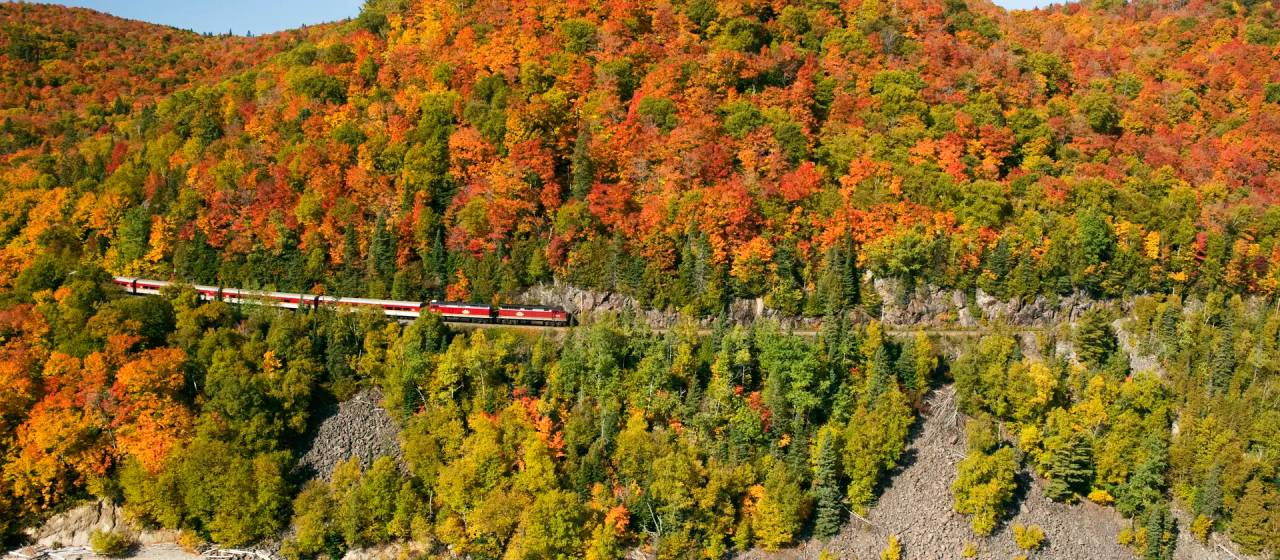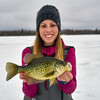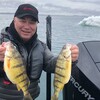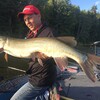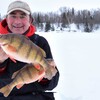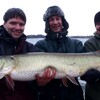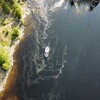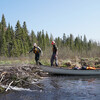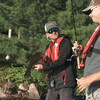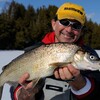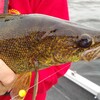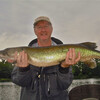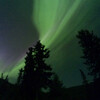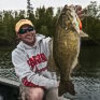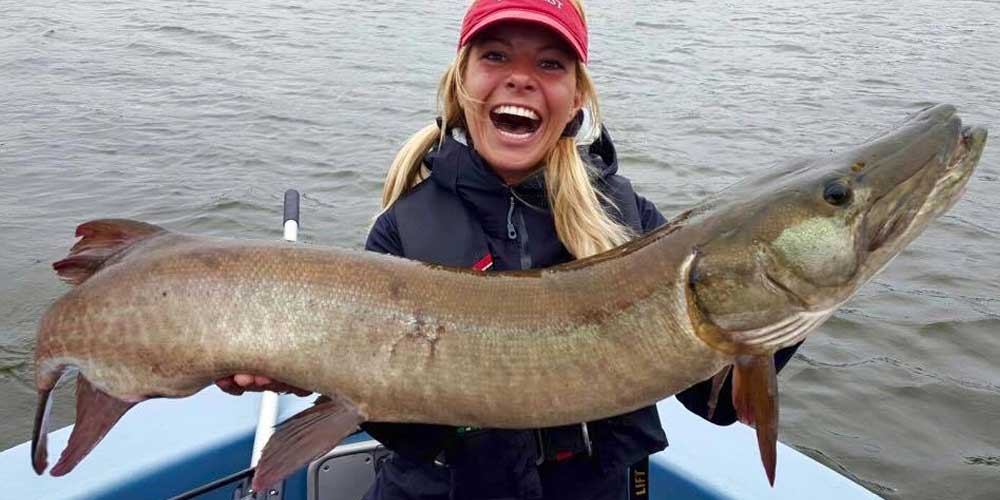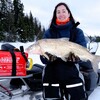
Birch Dale Lodge
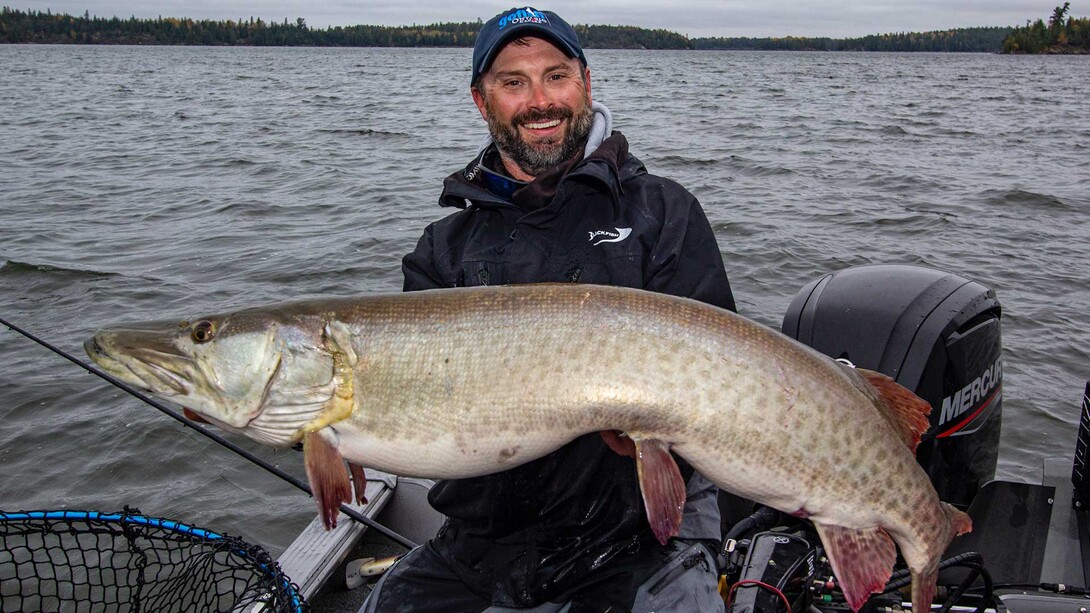
If you love the outdoors, then fall is likely your favourite time of year — there are just so many things to do. This past fall, we took a trip to Birch Dale Lodge to take advantage of as many fall opportunities as possible, including grouse hunting and fishing for walleyes, smallmouths, and muskies.
Birch Dale Lodge is in a great location, near Vermilion Bay, Ontario on the shores of Eagle Lake. There are more trails than you can even attempt to explore for grouse. But, you don't usually have to work too hard before you fill it out anyway. Concerning fishing, Eagle Lake is a diverse fishery from crystal clear trout water to dark-stained shallow water. And Birch Dale is in a good location with easy access to the more moderate-depth central basins of Eagle.
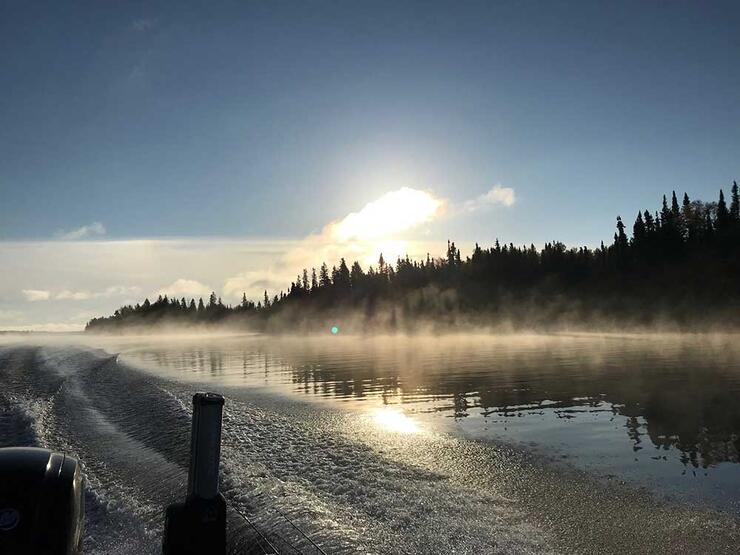
(Photo credit: The Ontario Experience)
We decided to focus on muskies to start the trip. It was warm sunny weather soon to change to cloudy, cold conditions for the following few days. Typically, the water is cold in mid-October, and turnover occurs earlier in the fall. The weather had been unusually warm all season, and we arrived during another heatwave. Water temps had dipped into the mid-50s earlier but returned to nearly 60. This can be a bit of an issue, but Eagle being as diverse as it is, turnover is not happening at the same time everywhere on the lake. We checked a few spots close to camp, but there wasn't much sign of life. So, we travelled south, and boom, it was like we were on another lake entirely!
In October, for muskies, we spend a lot of time trolling big crankbaits, casting big plastics and suspending jerkbaits. Well, it's a good thing we brought a few of our top summer baits as well. Big Bucktails were the ticket to kick things off, and the big muskies were revealing themselves all over the place.
We didn't get bit on our first day of casting but saw close to a dozen giants. When the muskies are active on Eagle, witnessing how many huge fish live here is scary. It was like fishing in August; we had an elephant go round and round in a shallow weed bay. We also saw some "white whales" on isolated reefs in the middle of big water and spots in between.
If you don't fish muskies, you may think it was a terrible day to be in Canada and not catch a single fish. But we had the opposite feeling. It was an incredible day to see so many big fish. And to top it off, the fish were moving fast on bucktails. The followers were really cool, and most of the fish followed figure 8's multiple times. With the weather changing early the following day, we knew the odds for a monster the next day were in our favour.
The following day brought a significant shift, it was much colder, and the wind was now from the northwest. We saw a big fish on the first couple of spots we'd seen fish the day before, but they didn't seem as active. We made the switch from blades to plastic and BAM! — first muskie in the net! The fish's attitude changed with the weather, and slowing down to plastic paid off.
But after fishing through a couple more spots with no active fish and no bites, we decided to switch it up and bang on rocks trolling cranks. We were at it for five minutes, and it happened. One of those "white whales" we'd seen the day before came aboard!
There are so many variables in fishing, and this was a case where making adjustments paid off. In this case, to be successful, we had to search for an area of the lake that didn't seem to be as affected by the warm water persisting too late into the season. When we found that area, we fished with baits that traditionally work in those water temperatures. As conditions changed and the cold moved it, the fish moved deeper on the structures, and we got baits with more erratic triggering characteristics closer to them in the deeper water. It was a great example of how quickly things can change and how important it is to roll with the punches.
Next, we moved on to a day in the woods instead of muskie fishing — and it was the right call. It was the nasty northwester, that wouldn't have been much fun on the water. We jumped on Google Earth and found some logging roads with cuttings that appeared to be about ten years old.

(Photo credit: The Ontario Experience)
Though I'm not that experienced at grouse hunting, one observation we've seen up here is in nasty conditions the birds like being around spruce. On nice sunny days, you'll see them on the edges of roads and picking clover on the trails. But when it's cold, rainy and windy, they like being out of the elements too. We ended up with our two-person limit of birds and got to explore some of the great wilderness that exists up here. Having spent most of my time on the water in Ontario's Sunset Country, it is an incredible experience going into the woods. There is so much to see and just driving around in the backcountry getting to spots is a blast.
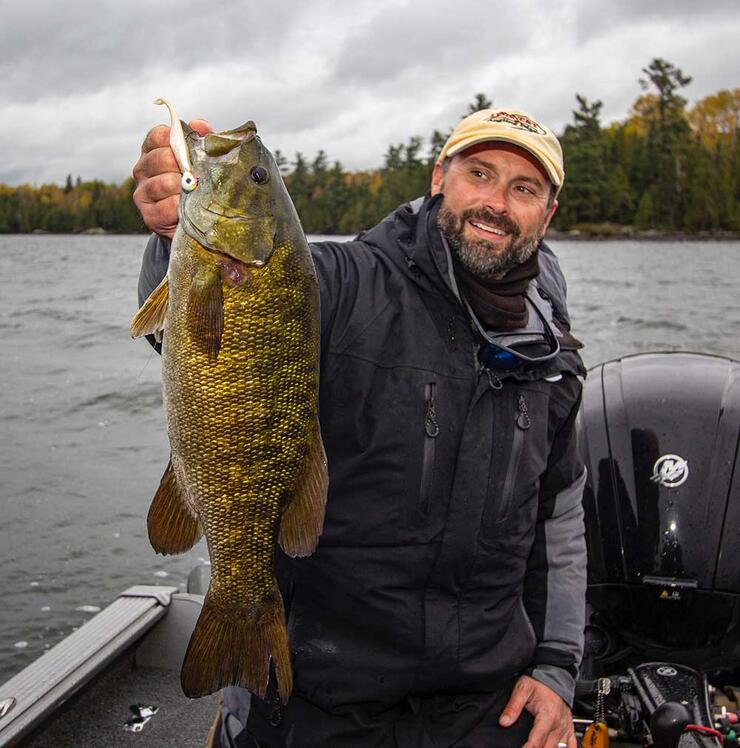
(Photo credit: The Ontario Experience)
To finish off the trip, we went out for walleyes and smallmouths. We had a hunch the walleyes would be pretty easy to find and catch, and the smallmouth would be hard to find but easy to catch. The smallmouth ended up being just that. We searched several good-looking rock piles in 12 to 20 feet with nothing to show for it. Then, we landed on the spot, and it was game on. Smallmouths in fall are often in particular locations in huge concentrations. Once you find one of these spots, you can count on it for years to come. We put the effort in, and it paid off.
The walleyes were a bit of a different story. With the turnover, walleyes can often go into really deep water. Water that is 40 feet or more. We don't like targeting fish out here because they suffer from barotrauma and are not releasable. We marked a ton of fish in deep water, dropped Jigging Raps down on them and caught fish right away. It worked out as they were 16- to 17-inch fish — perfect for dinner. We only caught a couple and spent the remaining time looking for fish in less than 30 feet. They were not easy to find. We landed on some, but the shallow fish were extremely scattered. Our mistake was that we stuck to the water we had been fishing muskies in and didn't explore other basins where the fish might have been shallower.
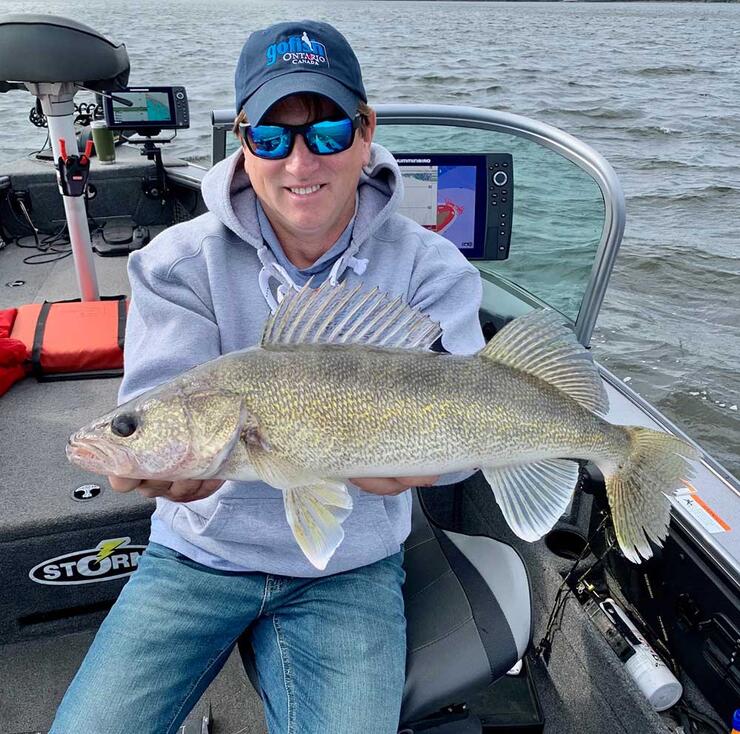
(Photo credit: The Ontario Experience)
Trips like these are so memorable, they might not be the trips where you caught the most fish, but they are trips where you learn a ton. Accumulating that information over time makes you a better angler and a more consistent angler, even in times of change. Special thanks to Marcel a Birch Dale Lodge for hosting us and firing up the Bull Pit in his restaurant. We had a good time on the water, in the woods and back at camp. Eagle Lake is a special place we'll be returning to as long as we can.
For more on Birch Dale Lodge, please visit: www.birchdalelodge.com
Recommended Articles

Best WhiteFish Tactics
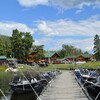
Witch Bay Camp
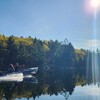
Ten Mile Lake Lodge
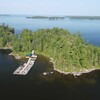
Eagle Lake Island Lodge
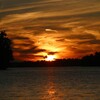
10 Facts About Lake of the Woods
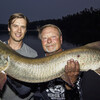
World Class Muskie at Young's Wilderness Camp
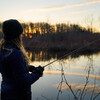
Memorable Panfish
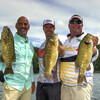
Top 5 Baits for Smallmouth and Largemouth Bass
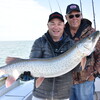
Guided Fishing on Lake St. Clair
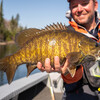
Stanley's Resort
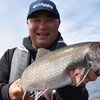
Reading Water
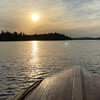
Fly-in Destination
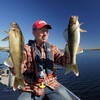
Great Fishing in Northern Lights Country Up Highway 588
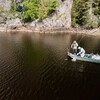
Ultimate Drive-to Smallmouth Bass Fishing
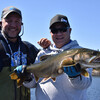
Guided Lake Trout Fishing
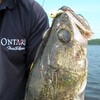
Spring Walleye
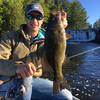
Smallmouth Bass Destinations
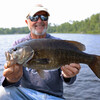
Smallmouth Bass in Sunset Country
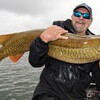
St. Francis Titans

